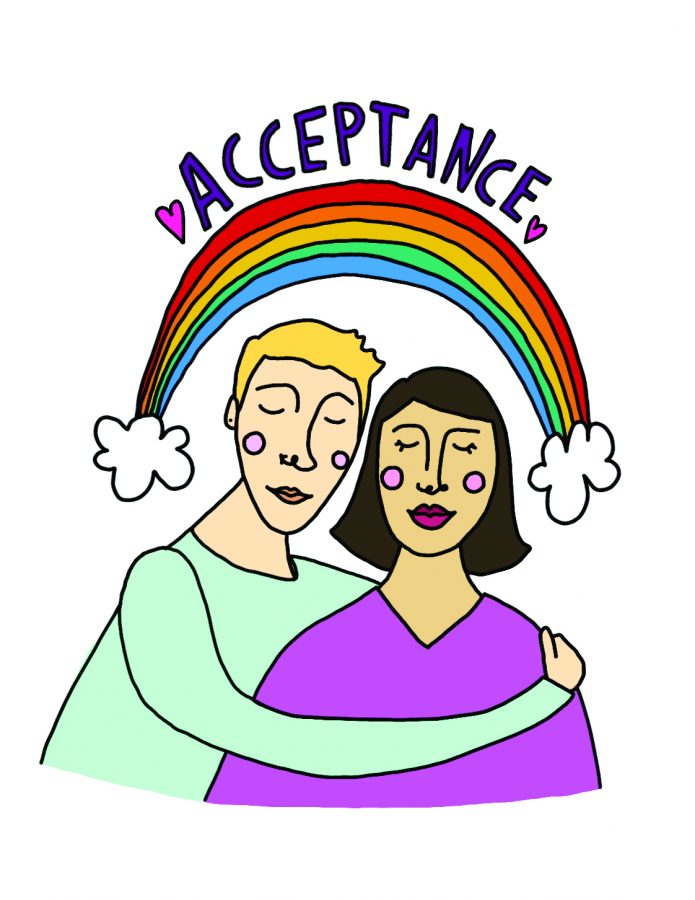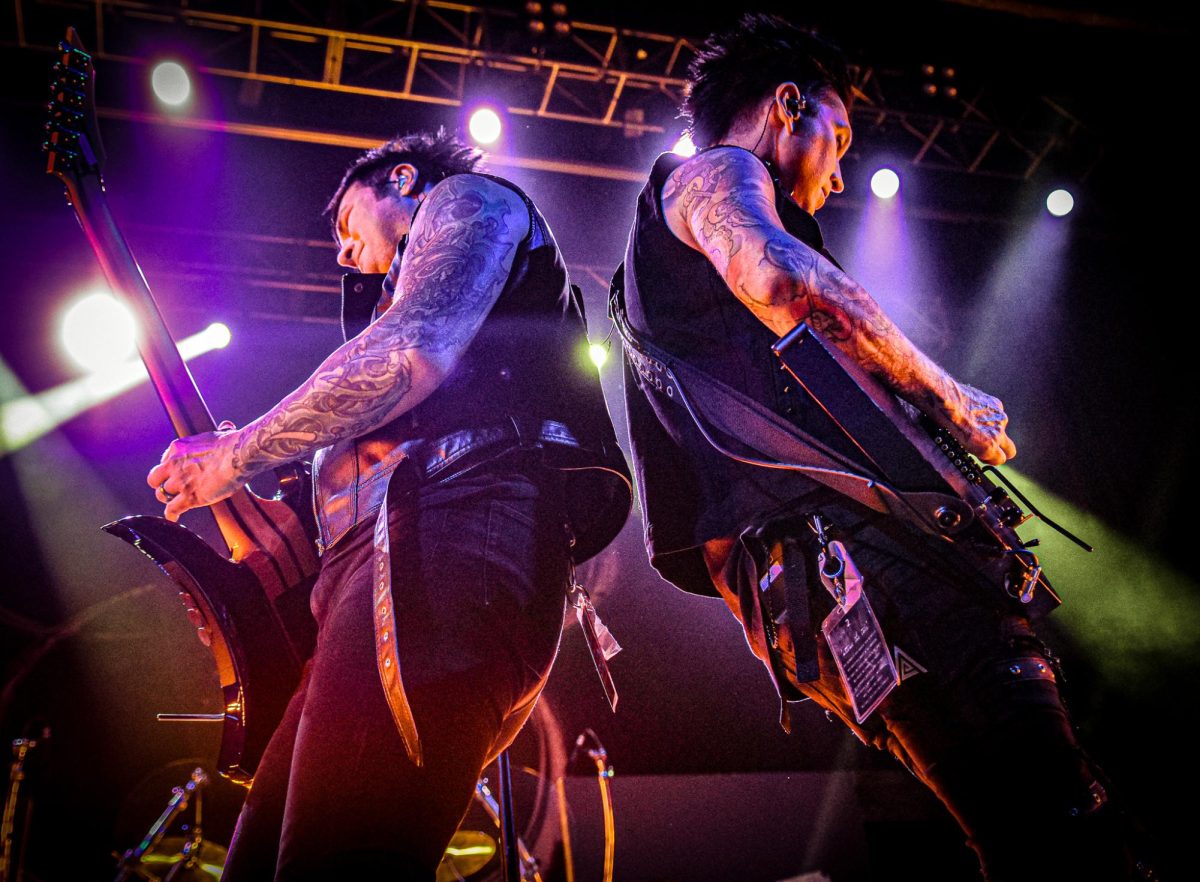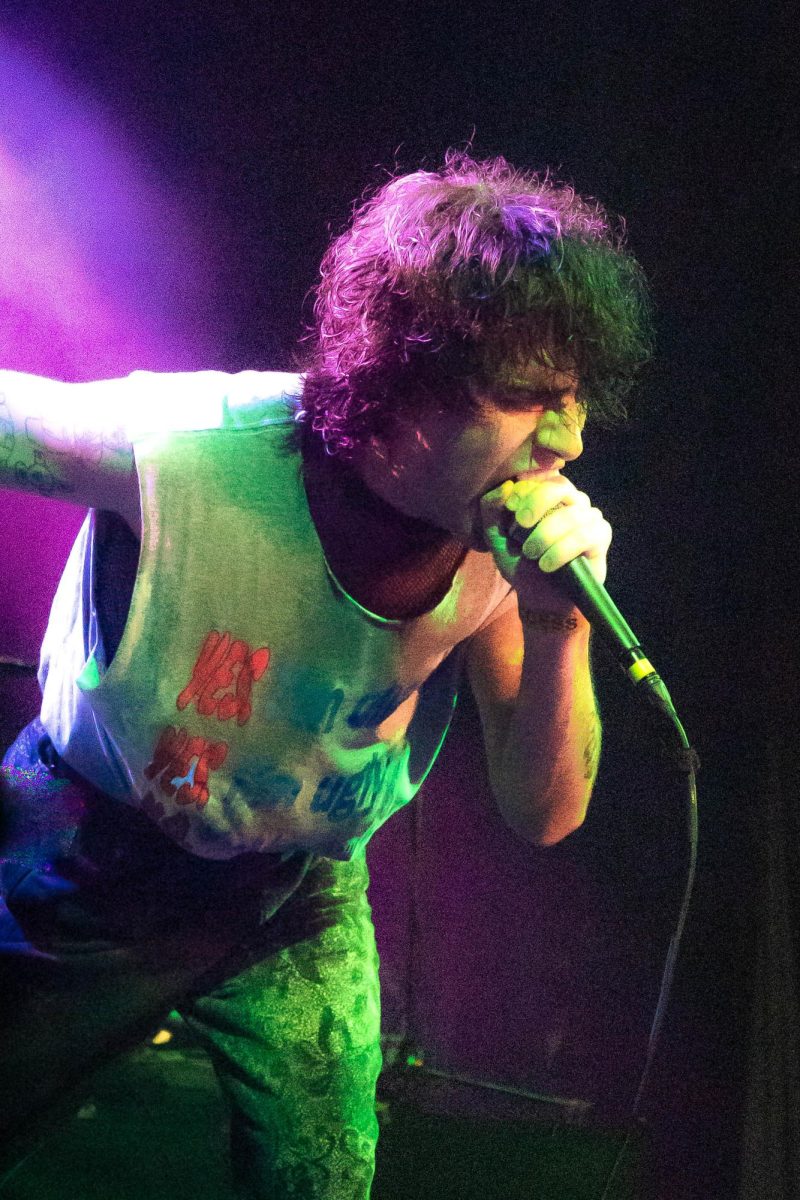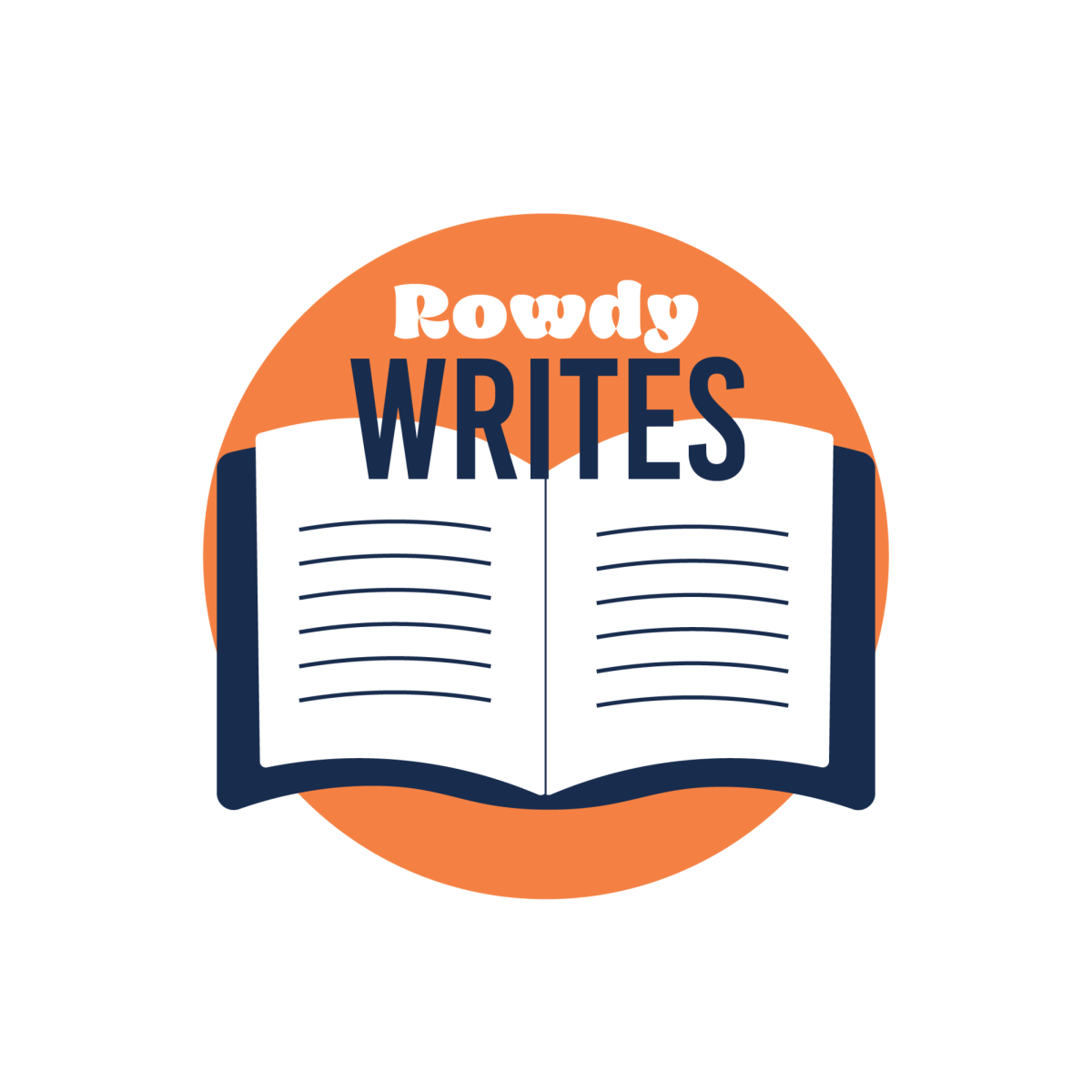How labels within the LGBTQ+ community can discriminate and create barriers.
“No blacks, asians, fatties and fems,” “looking for ‘straight-acting,’ masculine men only–it’s just a preference.” This is just one of the many “About Me’s” I have encountered while using gay dating apps like Grindr. The first thought that comes to my mind is: Why? The lesbian, gay, bisexual, transgender and queer (LGBTQ+) community is already an oppressed group, so why should we allow more discrimination within our own group?
The LGBTQ+ community has struggled with allegations of discrimination for decades—usually, but not only, with a subset of gay white men charged as the culprits. “How can I be a bigot when I am myself a member of an oppressed minority” is a prevailing attitude among some gay white men. This attitude is promoted because, let’s face it, the rainbow flag is whiter than it appears.
Discrimination doesn’t just come from gay, white men, it can come from anyone. The LGBTQ+ community has experienced racism, weightism and a rejection of femininity in terms of discrimination. Political scientist, Cathy Cohen, calls this “secondary marginalization”: when marginalized groups further marginalize subgroups of their own community. Individuals then pass on racial attitudes they’ve absorbed from their various cultures and subcultures.
One possible source of this secondary marginalization is in the existence of homonormativity in the LGBTQ+ community. For those of you who don’t know what homonormativity is, it is an insidious set of norms and expectations that simultaneously privileges those who successfully mimic heterosexual culture and marginalizes those who do not.
The gay community has long denied the existence of homonormativity, but just look at the way it influences media representation and dating norms. Fit, masculine, gay, white men continue to take the center stage and, without hesitation, lash out at those who attempt to further conversations about homonormativity. These men will find any excuse to justify their use of racism, sexism and other “-isms” that homonormativity encourages. These same men will claim that statements like the ones in the first paragraph are nothing more than preference. Which they can’t be blamed for, despite the fact that dating, attraction and desire are and have always been political.
People use the word “preference,” but never know what it truly means. So the big question is, when is it okay to judge an entire group of people before you get to know or meet them? There’s a word for that: prejudice.
So, unless you’ve met every fat, feminine, asian, black, Native American, gender-fluid or any other identifier that exists on this planet, you are not capable of making statements like “I’m just not attracted to so and so because they’re [blank].” You simply don’t know them so you don’t know if you are attracted to them. You shouldn’t reduce a whole community to be lesser than you or the people you are attracted to because it’s not okay to-do-so. Period.
I’ve been rejected because I don’t fit into someone’s standards of attractiveness, such as having six-pack abs and toned muscles. One time, someone asked me the waist size of my pants and when I told them, they blocked me. I have also received messages like “lay off the tortillas” and “fatass” from anonymous, headless torso picture profiles, tearing down my self-esteem.
I know I should brush these messages aside, but they just replay in my mind all the time. Every time I take my shirt off and look in the mirror, I stare at my body and I can feel those ugly comments scar into my skin. I feel ugly, as if I’m not worthy to be loved by another human being. No one should ever feel like this.
So, now what? I’m not saying desire is bad — we all desire different types of people. I’m saying that acknowledging that a desire may be influenced by an oppressive system doesn’t automatically make it bad, but it does mean you’re now able to challenge yourself to remove the bad things from the equation of beauty standards.
If you truly love someone, it shouldn’t matter what social beauty standards your partner meets, but it probably does and it’s important to figure out in what ways it does. I don’t know how to fully remove oppression from the process of attraction, but it is a process that we need to address as a society. By having conversations like this one, that addresses discrimination, we can then move forward and start the process of figuring out how to remove such oppression from the process of attraction.












